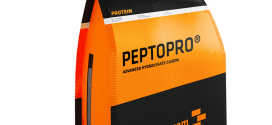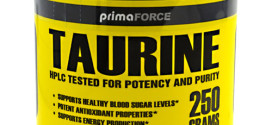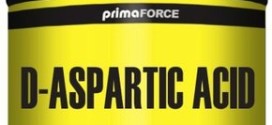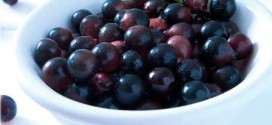Supplement Ingredient Guide: Beta-Alanine
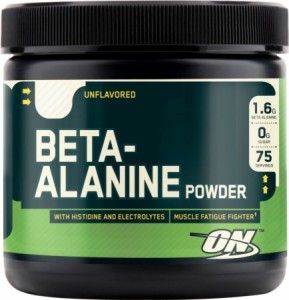
What is it?
Beta-Alanine is a naturally occurring non-essential amino acid which is synthesised within the liver, however, the main source is within the diet, namely protein rich meats such as chicken and turkey. It is a modified form of the amino acid alanine. It plays a role in regulating the amount of acid formation within the muscle through forming Carnosine; an acid buffer. It enhances the body’s ability to resist fatigue and preserves the muscle’s contractile function.
Indications
Beta-alanine is recommended for anyone involved in sports which lead to accumulation of lactic acid, such as weight lifters, endurance athletes and prolonged, intense sports.
How much should I take?
It is recommended to take 4-6g of Beta-Alanine in divided doses of 3-4 times per day. One should take it continuously for 6-8 weeks with a 2 week break to follow.
Research
Research has shown that supplementation with Beta-Alanine leads to an increase in endogenous Carnosine levels. The degree of increase is greater in those whom are untrained, but it remains to be a significant increase in the trained group as well. The results are noticed within the first 4 weeks and continue to increase, peaking at 8 weeks of supplementation.
This has been shown to delay muscle fatigue during the later stages of a weights training session. It has been demonstrated that it can help maintain and increase muscle mass during high intensity interval training. Finally, it has been shown to enhance endurance and increase “Total Work Done” power output and anaerobic running capacity. It has also been shown to reduce fatigue.
Side effects
The main side effect worth noting associated with Beta-Alanine is skin tingling which lasts no more than 2 hours.
References
Derave W, Ozdemir MS, Harris RC, Pottier A, Reyngoudt H, Koppo K, Wise JA, Achten E (2007) Beta-Alanine supplementation augments muscle carnosine content and attenuates fatigue during repeated isokinetic contraction bouts in trained sprinters. J Appl Physiol 2007, 103(5):1736-43.
Hill CA, Harris RC, Kim HJ, Harris BD, Sale C, Boobis LH, Kim CK, Wise JA (2007) Influence of b-alanine supplementation on skeletal muscle carnosine concentrations and high intensity cycling capacity. Amino Acids 2007, 32:225-233.
Jordan T., Lukaszuk J., Misic M. and Umoren J (2011) Effect of beta-alanine supplementation on the onset of blood lactate accumulation (OBLA) during treadmill running: Pre/post 2 treatment experimental design. Journal of the International Society of Sports Nutrition 2010, 7:20
Kern B and Robinson T (2009) Effects of beta-alanine supplementation on performance and body composition in collegiate wrestlers and football players. Journal of the International Society of Sports Nutrition 2009, 6 (Suppl 1):P2
Stout J R, Graves B S, Smith A E, Hartman M J, Cramer J T, Beck T W and Harris R C (2008) The effect of beta-alanine supplementation on neuromuscular fatigue in elderly (55–92 Years): a double-blind randomized study. Journal of the International Society of Sports Nutrition 2008, 5:21
Zoeller RF, Stout JR, O’Kroy JO, Orok D, Mielke M: Effects of 28 days of beta-alanine and creatine monohydrate supplementation on aerobic power, ventilatory and lactate thresholds, and time to exhaustion. Amino Acids 2007, 33(3):505-10.
 Supplement Judge Unbiased Supplement Reviews – Do they really work??
Supplement Judge Unbiased Supplement Reviews – Do they really work??

